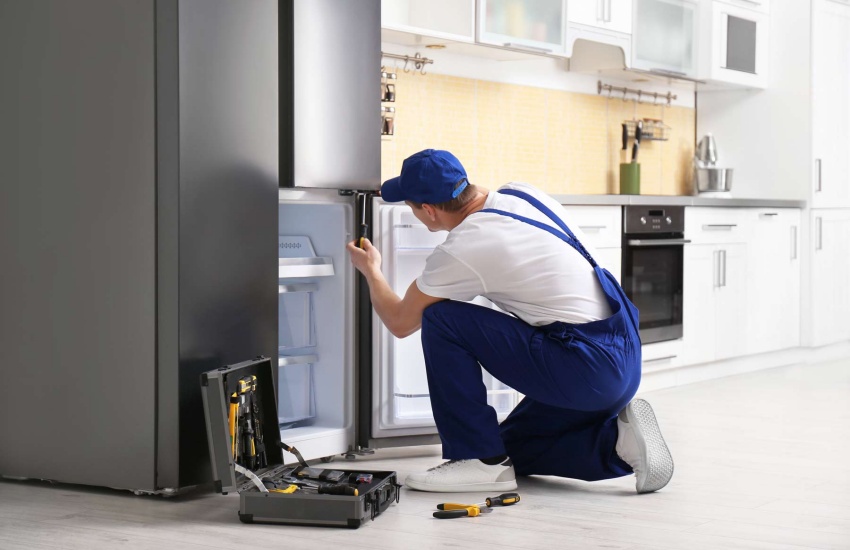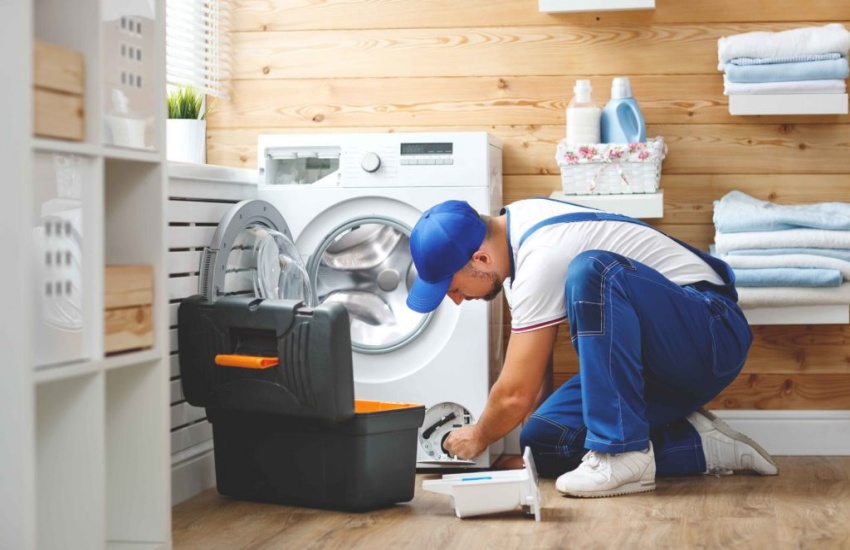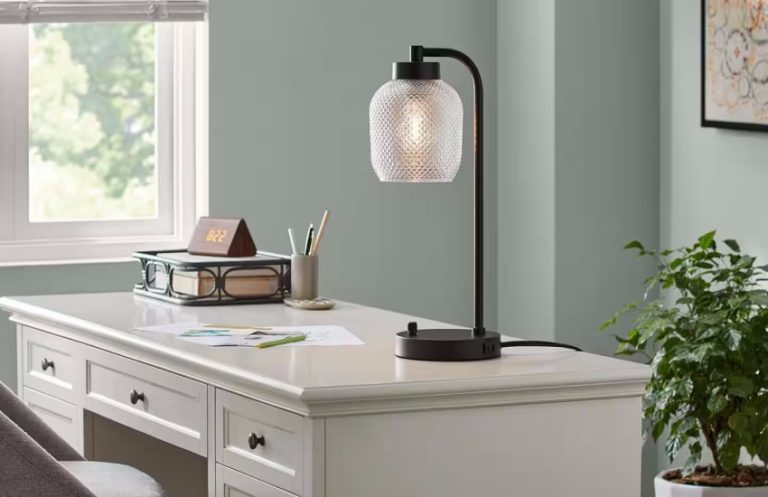
Regular cleaning is essential for all appliances, as dirt and grime can accumulate and hinder performance. For instance, the dishwasher should be cleaned periodically to prevent food particles from clogging the spray arms. Similarly, the refrigerator requires regular cleaning of both the interior and exterior to maintain hygiene and efficiency. Wiping down surfaces and removing expired items can also prevent unpleasant odors and ensure optimal airflow.
For refrigerators, checking door seals for wear and tear prevents cold air from escaping, which can lead to increased energy consumption. In washing machines, monitoring hoses for leaks or bulges can avert water damage. Keeping an eye on these components allows homeowners to address problems before they escalate into more significant issues.
Replacing filters is another crucial maintenance task that often goes overlooked. Many appliances, such as air conditioners, refrigerators, and range hoods, utilize filters to improve performance and air quality. Clogged filters can lead to inefficient operation and higher energy usage. Establishing a schedule for checking and replacing filters ensures that appliances run efficiently and helps maintain a healthy indoor environment.
Understanding the specific maintenance needs of each appliance is key to effective care. Each device comes with a user manual that outlines recommended maintenance practices. Homeowners should familiarize themselves with these guidelines to ensure they are following the best practices for upkeep. For example, some ovens may require periodic calibration to maintain accurate temperature settings, while microwaves may benefit from regular cleaning to prevent food splatter buildup.

Monitoring appliance performance can provide insights into any underlying issues. Unusual noises, inconsistent temperatures, or failure to start can indicate that an appliance requires attention. Keeping a log of performance can help track any irregularities and facilitate timely repairs. Early detection of problems often prevents more extensive damage and costly repairs.
Energy efficiency is an important consideration in appliance maintenance. Regular upkeep can enhance energy efficiency, resulting in lower utility bills. Homeowners should be aware of energy-saving practices, such as running appliances during off-peak hours and using energy-efficient settings. Investing in energy-efficient appliances can also lead to long-term savings and a reduced environmental footprint.
Professional servicing is sometimes necessary for complex appliances. While many maintenance tasks can be handled by homeowners, certain repairs may require specialized knowledge. Scheduling annual check-ups for major appliances like HVAC systems or water heaters can ensure they operate safely and efficiently. Professional technicians can identify potential problems that may not be apparent to the average homeowner.
Setting aside funds for routine maintenance and unexpected repairs can alleviate financial stress. Homeowners should prioritize regular maintenance tasks to prevent larger expenses in the future. By being proactive about appliance care, individuals can enjoy a well-functioning home environment while minimizing disruptions to their daily lives.
Regular cleaning, inspecting components, replacing filters, understanding specific needs, monitoring performance, focusing on energy efficiency, considering professional servicing, and budgeting for upkeep contribute to a more efficient and enjoyable living space. Taking the time to care for appliances ensures they remain reliable and effective, ultimately improving the quality of life for homeowners.





